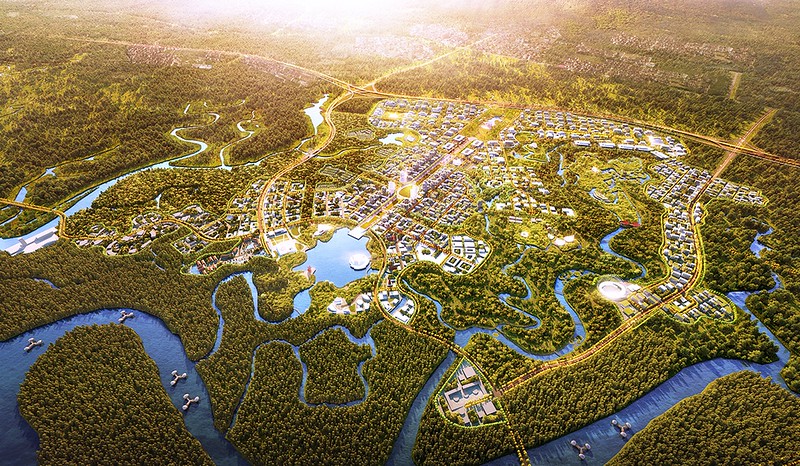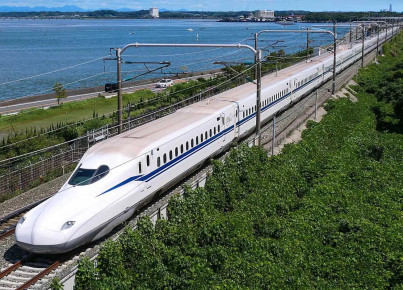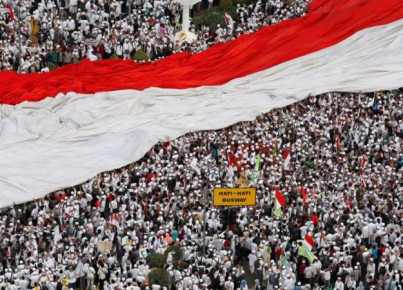We publish here an excerpt from an article by Bambang Susantono, Chairman of the Nusantara Capital Authority, in Nikkei Asia
In the heart of Borneo's island forests, the development of Nusantara and its surrounding area is now underway. The new capital's population is projected to reach 1.8 million by 2045.
Staying true to the green vision behind it, the new capital city will be largely encircled by the existing forest, which will be protected.
But it is the city's circular economic model that will translate Nusantara's green vision into meaningful everyday practices.
For example, the new city will implement a comprehensive and well-coordinated system that prioritizes reduction, reuse and recycling, with 60% of Nusantara's waste to be recycled by 2045 and all of its water supply treated through a recovery system by 2035.
This approach will not only minimize the amount of waste generated but also ensure that valuable resources are recovered and reintegrated into the economy.
The circular economy will also offer a win-win approach for investors and communities. According to a joint study by Indonesia's National Development Planning Agency and the U.N. Development Programme, the full implementation of the circular economy approach across the key industrial sectors of food and beverages, textiles, wholesale and retail trade, construction and electronics could create 4.4 million jobs in Indonesia and raise the country's economic output by $45 billion by 2030.
Nonetheless, a full implementation of the circular economy approach will require greater collaboration between the public and private sectors.
By involving businesses, entrepreneurs and investors in the development and implementation of circular economic models, Nusantara will unlock more opportunities for growth and job creation, while minimizing environmental impact.
Areas of collaboration currently being explored include the establishment of recycling facilities and green infrastructure projects that could further cement the new capital's position as a pioneer in sustainable urban development. To attract investment and drive sustainable growth, we have launched comprehensive investment incentives, including tax breaks for businesses that adopt circular economy practices. In addition, tax holidays of up to 30 years and other tax deductions will be given to corporations engaging in research and development and to investors who adopt strict environmental, social and governance standards.
By aligning economic incentives with environmental goals, the new capital will be an attractive destination for forward-thinking investors committed to sustainability.
The success of the new capital's zero-waste, zero-emission infrastructure can serve as a catalyst to combat plastic pollution on a national and global scale as its developing blueprint can become a reference point for similar mega projects.






